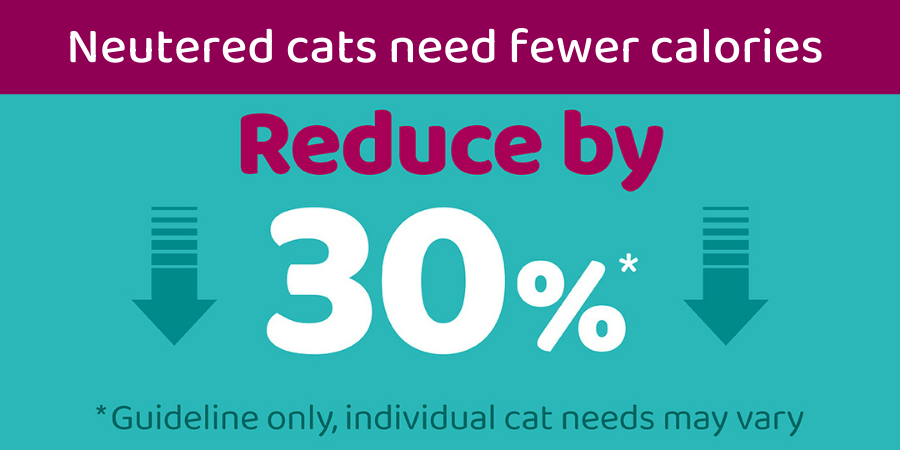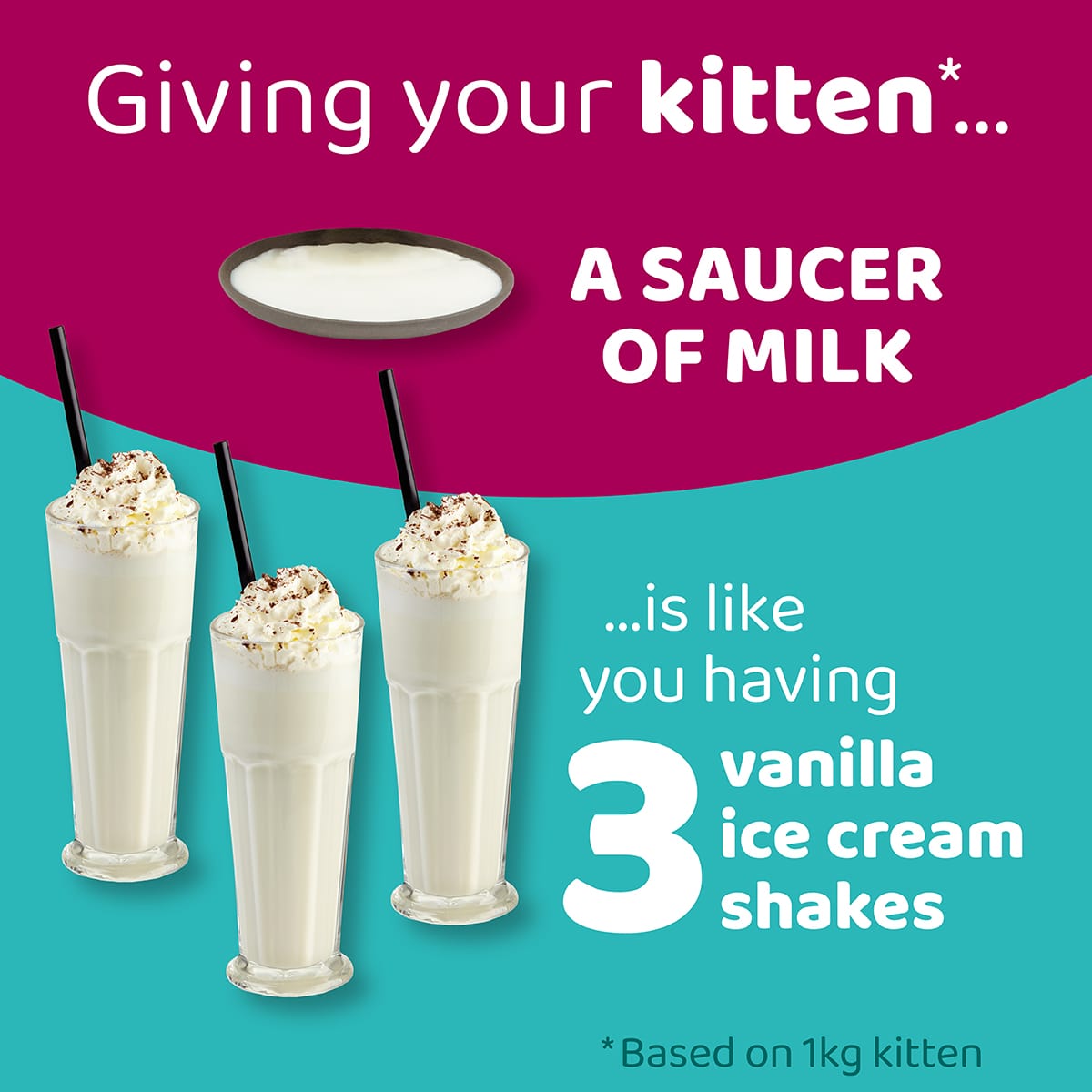Kitten diet and behaviour
From the moment your kitten first comes home to when they’re fully grown, your four-legged friend relies on you for the right nutrition, socialisation, and behavioural guidance. Knowing how to feed your kitten and the key ways to encourage the behaviours you want from them can have a big impact on their future health and happiness.
Feeding your kitten
To help kittens grow into healthy adult cats, they need a nutritionally complete diet, tailored to their specific needs to support each stage of their development. Kittens should only eat food specifically designed for kittens; neither adult cat food nor human food contains the correct balance of nutrients!
Complete kitten food is available as wet or dry. We recommend feeding your furry friend a mixture of both - wet food can be very appetising for a kitten, and its high moisture content can help to improve urinary health.
In contrast, dry kibble is great for snacking on throughout the day (cats are natural grazers!). When selecting the right food for your kitten, look for a company that is part of the Pet Food Manufacturers Association (PFMA). Food manufacturers who are members of this organisation meet extra quality standards than the legal minimum.
After fifty years of science and observation, Royal Canin has the expertise to develop food that supports the nutritional needs of kittens. You can visit our PDSA Pet Store to buy kitten food.
Kittens can have treats too and these work well for training your furry friend to learn good habits! To keep them healthy, you will need to reduce the amount of food in their meals to compensate for the extra calories in treats – keep their diet balanced by only feeding up to 10% of their daily allowance as treats.
How much should I feed my kitten?
Kittens have small tummies, so split their daily food allowance into small meals and feed them regularly throughout the day. The feeding guide on your kitten food pack will tell you how much food your kitten needs daily for their age. Feeding wet food two or three times a day with dry food in between can make this easier for you - just remember not to go over their daily allowance! If you feed your kitten both wet and dry food, it’s important to use the same brand to ensure they’re fed a balanced diet and receive the right portion sizes.
Neutered cats require fewer calories so can be prone to weight gain if their diet is not adjusted. If your kitten is neutered at 4 months of age, they should stay on kitten food until they are 6 months old, before switching to a neutered cat diet.


Keeping your kitten on their best behaviour
Cats are independent, curious and playful, but their behaviour can sometimes be a mystery to humans. Learning to understand your kitten and their behaviour can help lay the foundations for a happy and healthy future.
Scratching is part of a cat’s natural behaviour and you should make sure your kitten has a suitable scratching post that is sturdy and tall enough for them to stretch up fully. Scratching is a great way for kittens to maintain their claws and mark their territory. If you see your kitten scratching the floor near their food bowl, don’t worry! It’s normal, instinctive behaviour - your kitten is simply wanting to keep their food safe.
When eating, cats like to feel safe and away from any danger or threats, so it’s important that their food bowls are in a quiet area where they aren’t overlooked by other pets inside or outside their home. Litter trays and water dishes need to be in their own specific areas separate from food.
Food and water bowls should be made from ceramic or metal, wide enough for whiskers to fit inside (and not brush against the edges), and shallow enough for cats to keep watch over the top. For the ultimate drinking experience, use a water fountain as cats much prefer running water!

